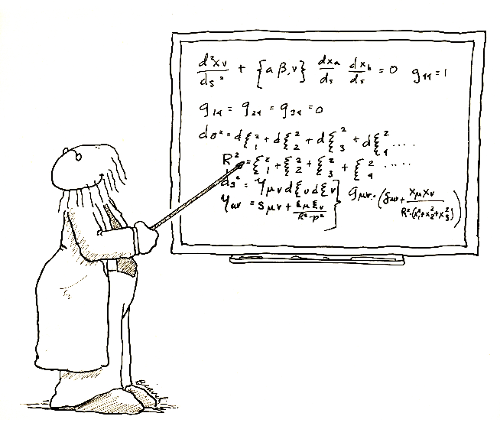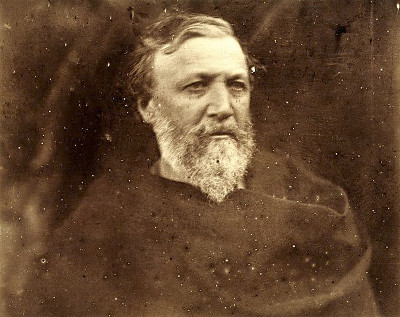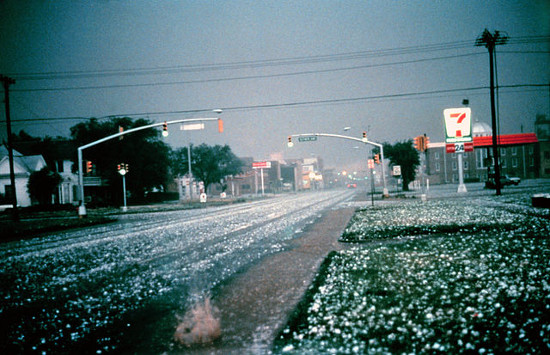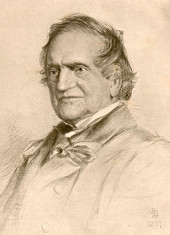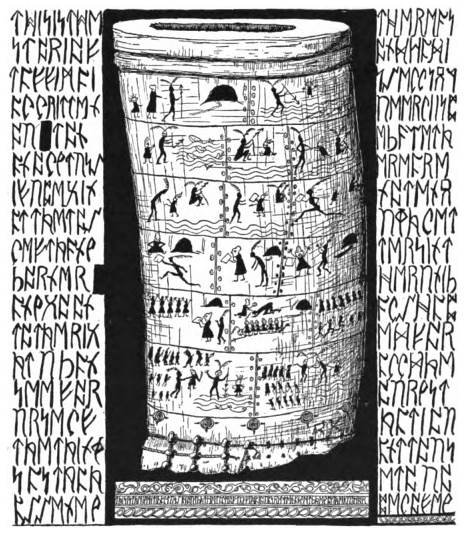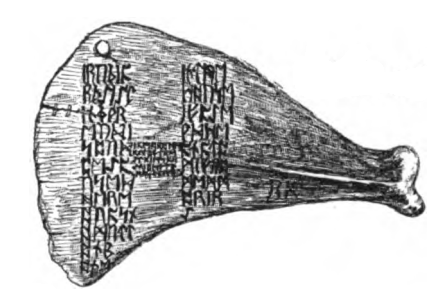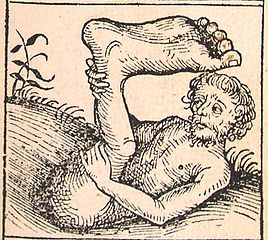In Ward v. Ward, a North Carolina court’s entire finding rested on the presence of a single comma. The will of Alvin T. Ward read:
My Trustee is directed to pay such amounts of and from the income generated by said trust, and from the principal of said trust if he deems same to be advisable, to, for, or on account of my said wife in quarterly installments or more frequently if he deems advisable and if practicable.
Is the trustee required to pay the income to Ward’s wife, or can he use his discretion? The income payments are required, ruled the court: The comma after “said trust” shows that only the distribution of the principal is left to the trustee’s judgment.
In Henderson v. State, Jacob Henderson’s 1984 burglary conviction in Mississippi was reversed in part because of a misplaced period:
The Grand Jurors for the State of Mississippi, … upon their oaths present: That Jacob Henderson … on the 15th day of May, A.D., 1982.
This is a “non-sentence,” noted the court. “The unmistakable period after 1982 is used by astute defense counsel to nail down the point — that the indictment fails to charge that Jacob Henderson did anything on May 15, 1982.” (This whole indictment is a notorious trainwreck.)
And in People v. Vasquez, a New York court disregarded an affidavit and dismissed a complaint because a misplaced comma made it unclear whether a key affidavit was hearsay:
“It may be that the confusion [about the affidavit] arises from the typographical error of placing a comma before the expression ‘upon information and belief,'” wrote the court. “Had the comma not existed, the entire expression ‘and that the assertion upon information and belief’ would have referred back to the earlier mentioned accusatory instruments so as to render the affidavit non-hearsay.”

